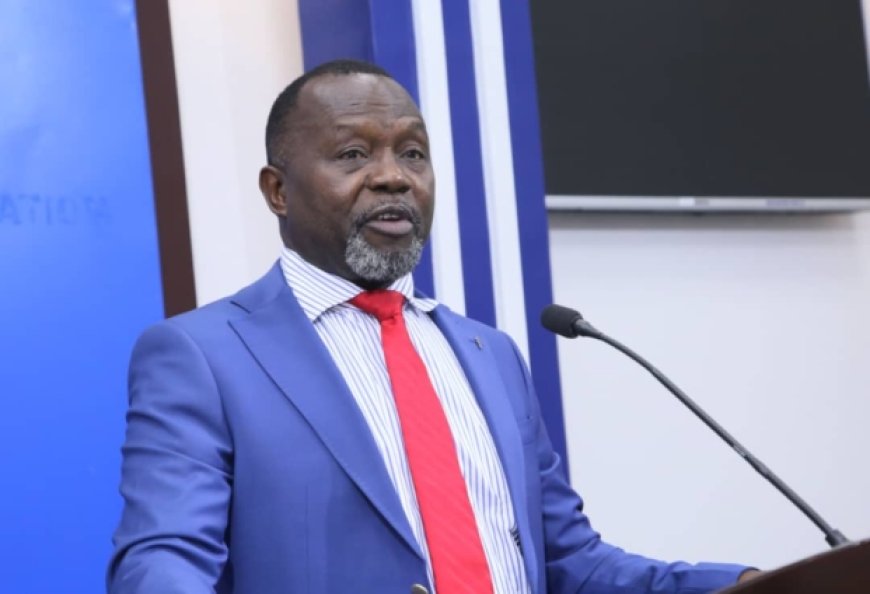Taxpayers will pay for it’ – Dr Seddoh on 60% recovery threshold in banking crisis
Dr Daniel Seddoh, former CEO of the National Pensions Regulatory Authority, has voiced concerns over the Attorney-General’s decision to suspend criminal proceedings once 60% of the over GH¢5 billion losses are recovered. He warns that the remaining shortfall will be funded by taxpayers and depositors, arguing that alternative approaches—like turnaround investment—would yield better outcomes.

Accra, 24 July 2025 – Dr Daniel Seddoh, former CEO of the National Pensions Regulatory Authority, has questioned the prudence of the Attorney‑General’s decision to halt prosecution of those implicated in Ghana’s banking sector collapse once 60% of the losses are recovered.
Speaking on JoyNews’ PM Express, Dr Seddoh noted that although recovering 60% of the GH¢5 billion shortfall may seem a win, it raises fundamental questions about the fate of the remaining 40%—funds ultimately owed to depositors. “When you take 60% and you can get 40%, who is going to finance that?” he asked, stressing that depositors and taxpayers would inevitably bear the cost
He also emphasized banks operate using depositors’ funds, not their own capital, meaning their collapse damages the cornerstone of public trust. “The depositors put money in the bank with the understanding…it’s a relationship of trust,” he said, warning that citizens were left without recourse during the crisis +
Dr Seddoh criticized the current approach as treating losses as unrecoverable expenses, which he believes is inefficient and shifts fiscal responsibility onto the people. “The approach we have used is to throw money at it as an expense which will never come back…ultimately, the taxpayer” carries the burden
Proposing an alternative, he advocated for a model centered on investment and restructuring: attract new capital, install competent management, revive and resell troubled banks to recoup public funds—an approach he sees as preferable to one-time recoveries followed by write-offs
Dr Seddoh also lamented the sluggish and costly nature of the legal process, noting that the case has dragged on for seven to eight years, with lives lost along the way, reinforcing his belief that prosecution thresholds alone are insufficient grounds to abandon legal accountability
Why It Matters:
-
Accountability vs. Expediency: This case pits the need for swift closure against preserving accountability through full prosecution.
-
Fiscal Implications: Millions in unrecovered funds will fall to taxpayers—raising enduring concerns about public finances.
-
Precedent for Crisis Management: The decision may shape future strategies for handling financial sector collapses.
-
Public Trust: Restoring depositor confidence remains crucial to prevent capital flight and maintain faith in banking institutions.
What to Watch:
-
Will the AG reconsider prosecution conditionality amid public scrutiny?
-
Might Parliament or civic groups challenge the 60% threshold legally or politically?
-
Could this trigger a shift toward restructuring-led resolutions in future financial rescues?
What's Your Reaction?


















































































